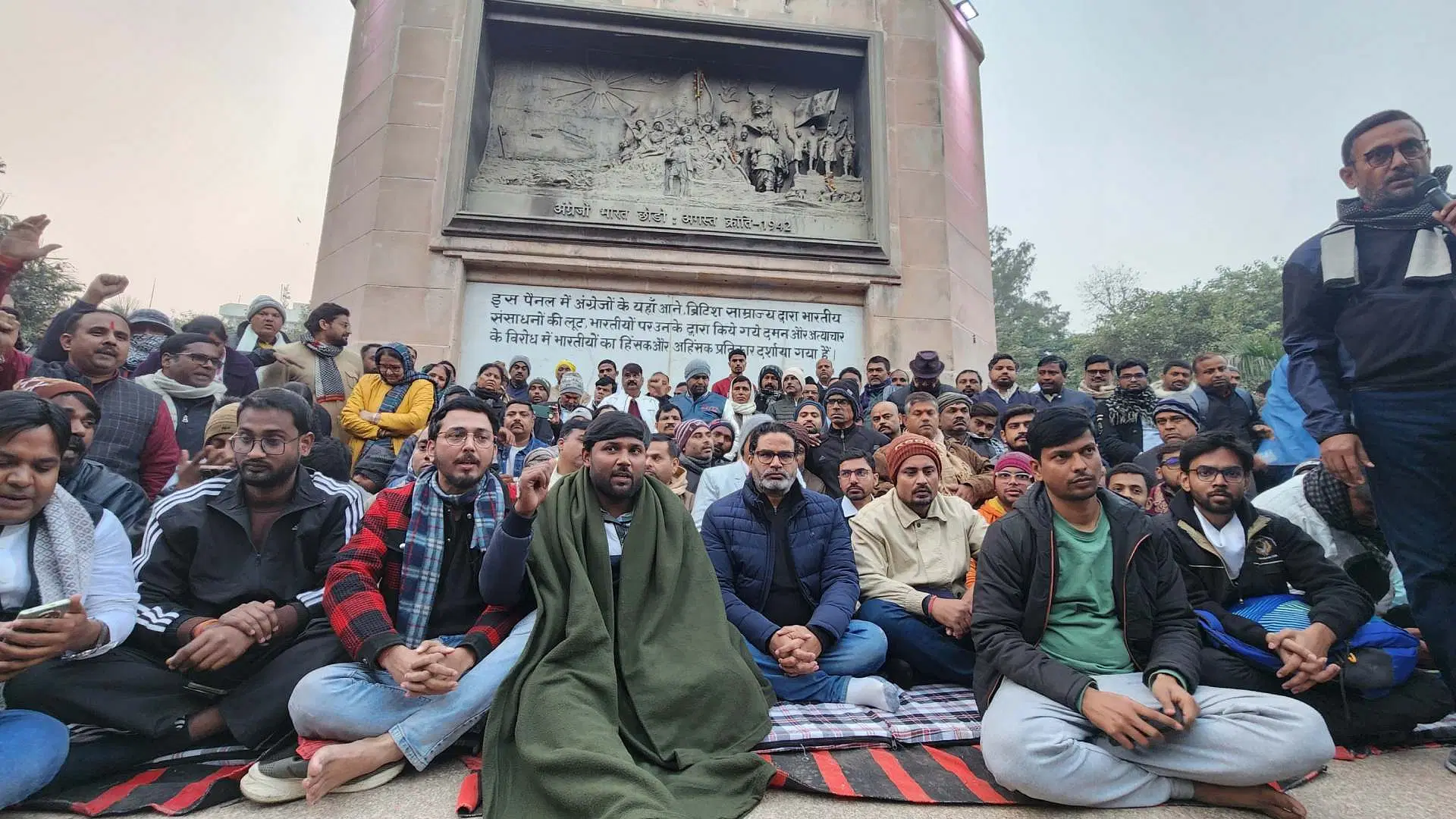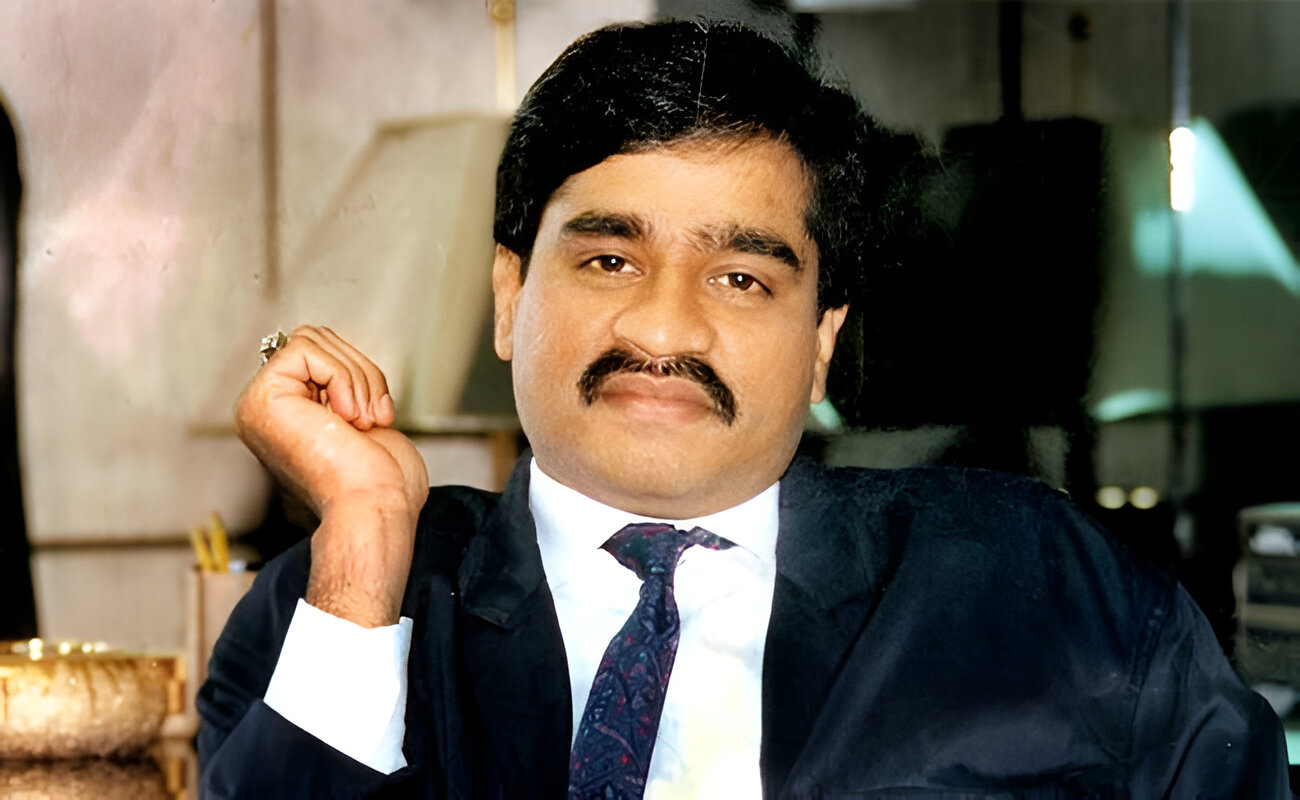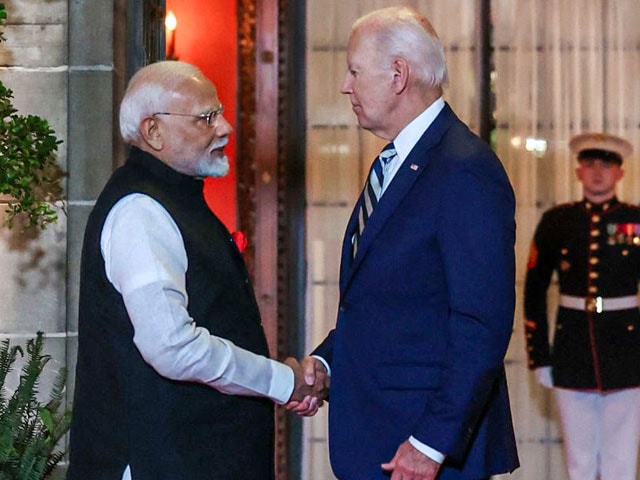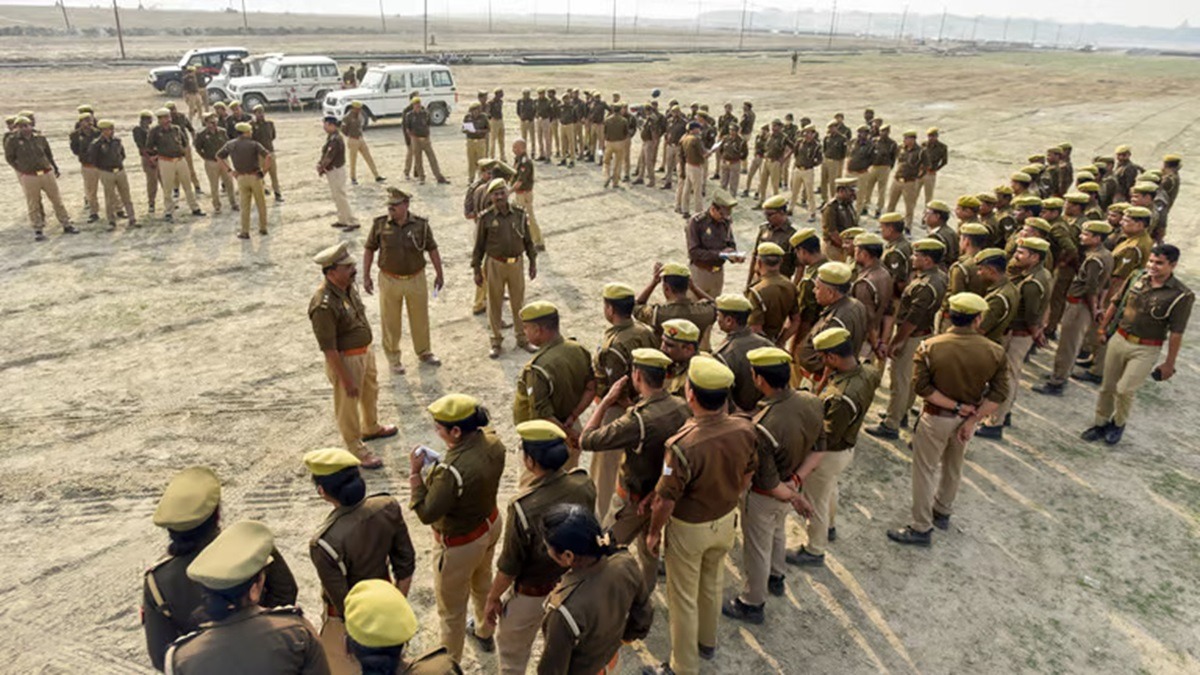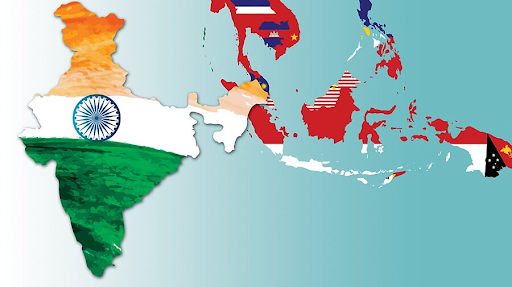
India's ‘Act East’ policy, launched in 2014, builds upon its earlier ‘Look East’ policy from 1991. While both policies aim to strengthen India’s economic, strategic, and cultural ties with the Asia-Pacific region, the shift from 'Look East' to 'Act East' reflects India's growing economic strength and international status. In 1991, India was undergoing economic reforms and its global standing was relatively low. By 2014, under Prime Minister Narendra Modi, India had a robust economy and a higher global profile, prompting a renewed focus on intensifying relations with countries in the region, particularly in light of China's increasing economic and military influence.
The end of the Cold War and India’s subsequent adoption of economic reforms in the early 1990s marked a significant shift in its policies. India also began embracing a multi-dimensional foreign policy, leading to closer relations with the United States and the signing of the civil nuclear cooperation agreement in 2008. India's Look East policy, which emphasized economic engagement with Southeast Asia, evolved as the region became increasingly important. The Gulf War and the collapse of the Soviet Union forced India to seek alternative economic partners, and the rise of China and Japan's economic presence in Southeast Asia highlighted the region's potential.
The Look East policy’s focus on economic growth gradually expanded into strategic dimensions, with institutional mechanisms fostering cooperation. India’s partnerships with ASEAN, Japan, South Korea, and Australia have been supported by frameworks such as the ASEAN Regional Forum and various bilateral dialogues on defense, security, and trade. India’s economic ties with ASEAN have flourished, and initiatives like Japan’s investment in India’s infrastructure have accelerated development.
India’s Act East policy emphasizes infrastructure, connectivity, and strategic cooperation, especially with Japan, South Korea, and ASEAN nations, aligning with broader regional interests in promoting peace, security, and economic integration in the Indo-Pacific region.
Post a comment
UP man buys Dawood Ibrahim's Mumbai property, fights 23 years...
- 03 Jan, 2025
- 1
Why Do People Wear Yellow on Thursday?
- 10 Apr, 2025
- 2
Is Manglik Dosh the Silent Killer of Your Married Life?
- 24 Mar, 2025
- 2
Historic Diplomatic Visits Define Modi's Tenure
- 11 Jan, 2025
- 2
India's Most Controversial Book Hits Delhi NCR Bookstores After 36-Year...
- 27 Dec, 2024
- 2
Categories
Recent News
Daily Newsletter
Get all the top stories from Blogs to keep track.







